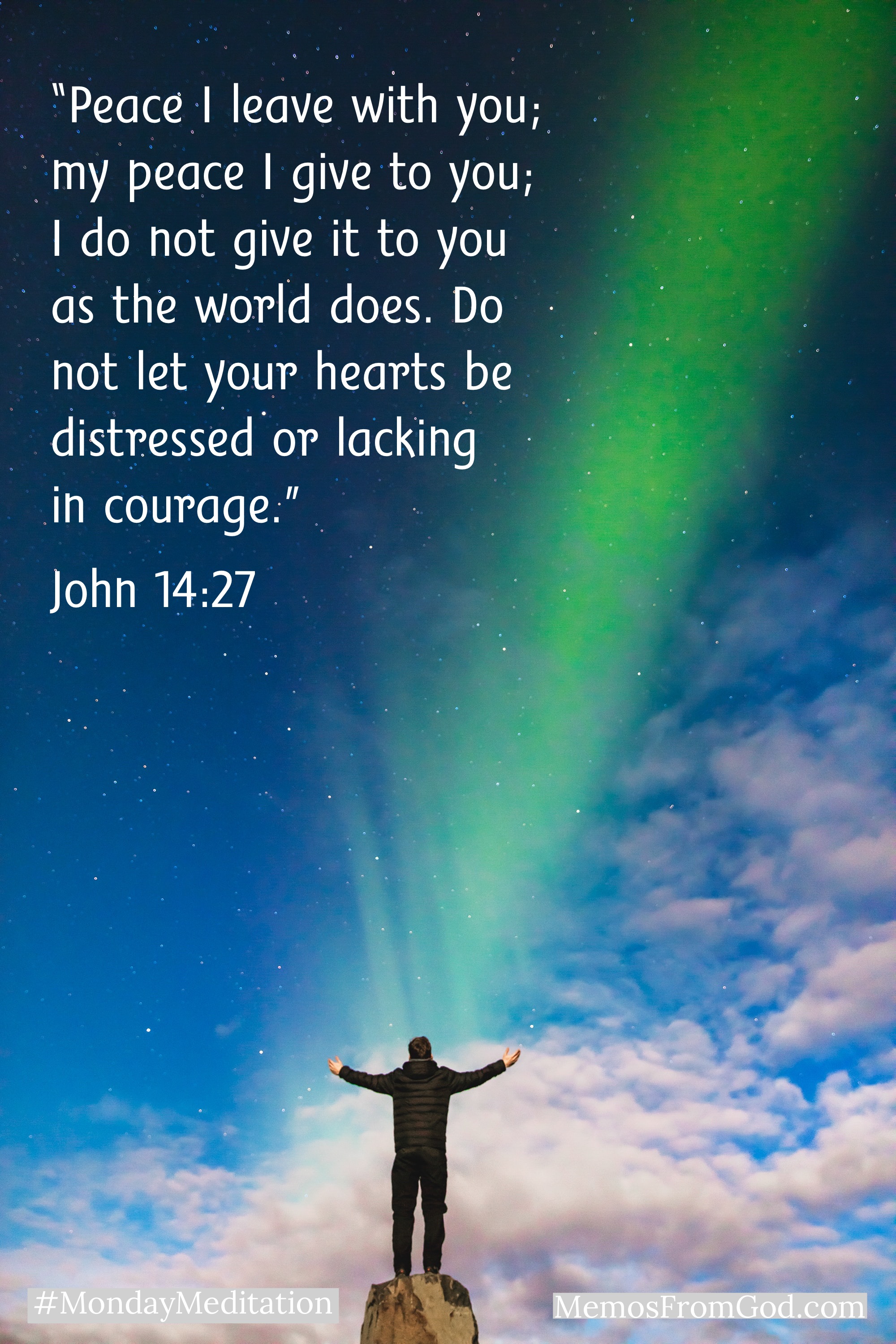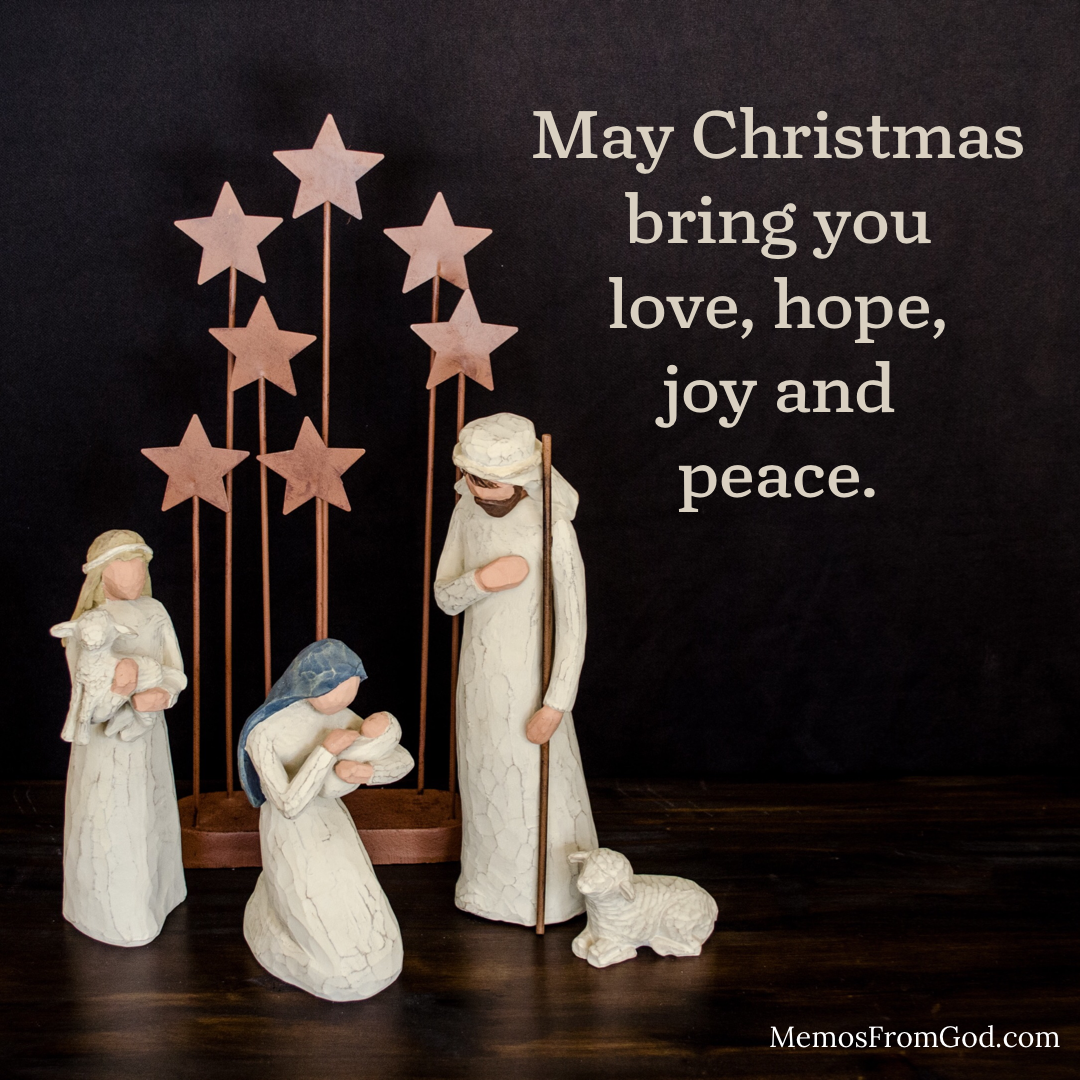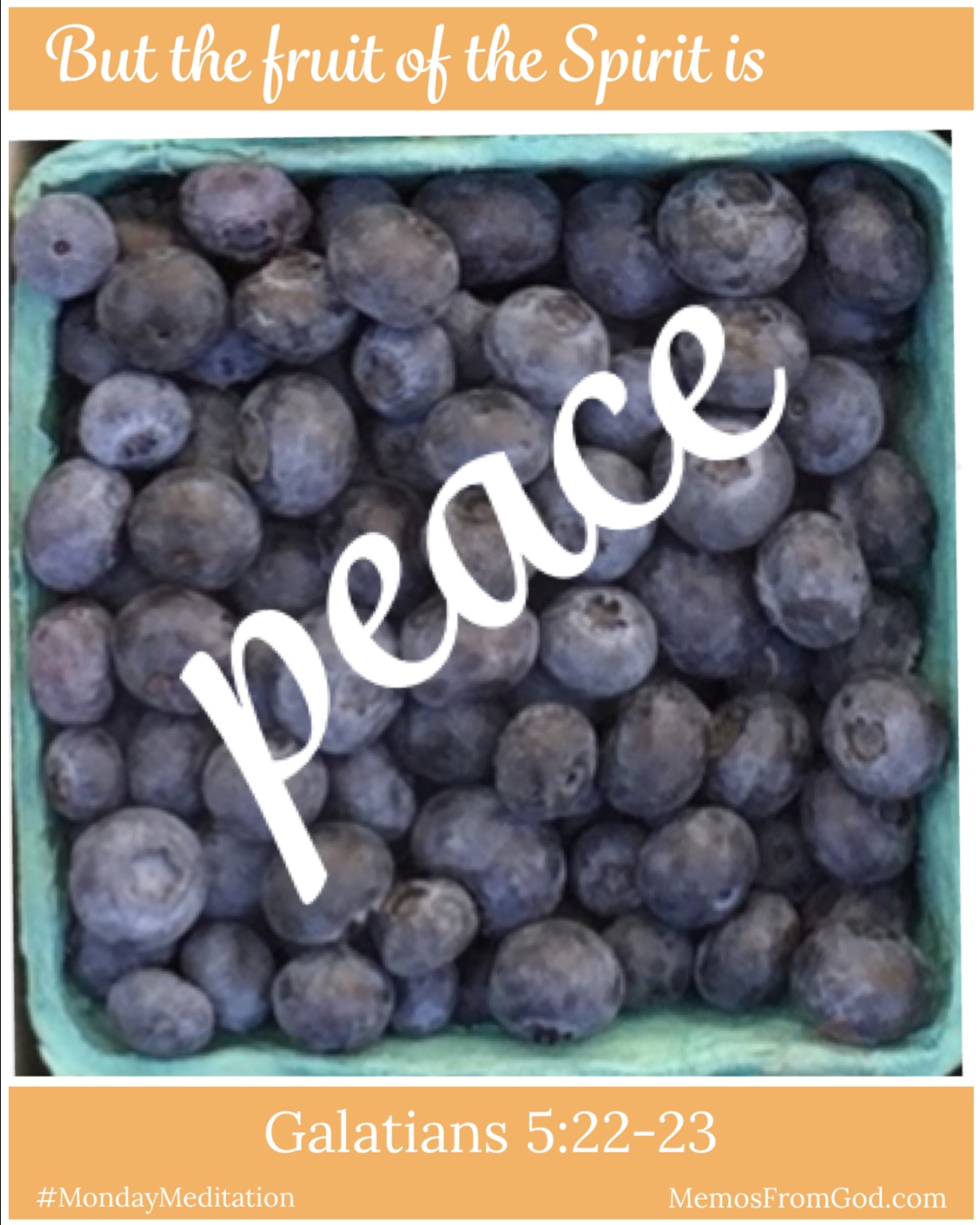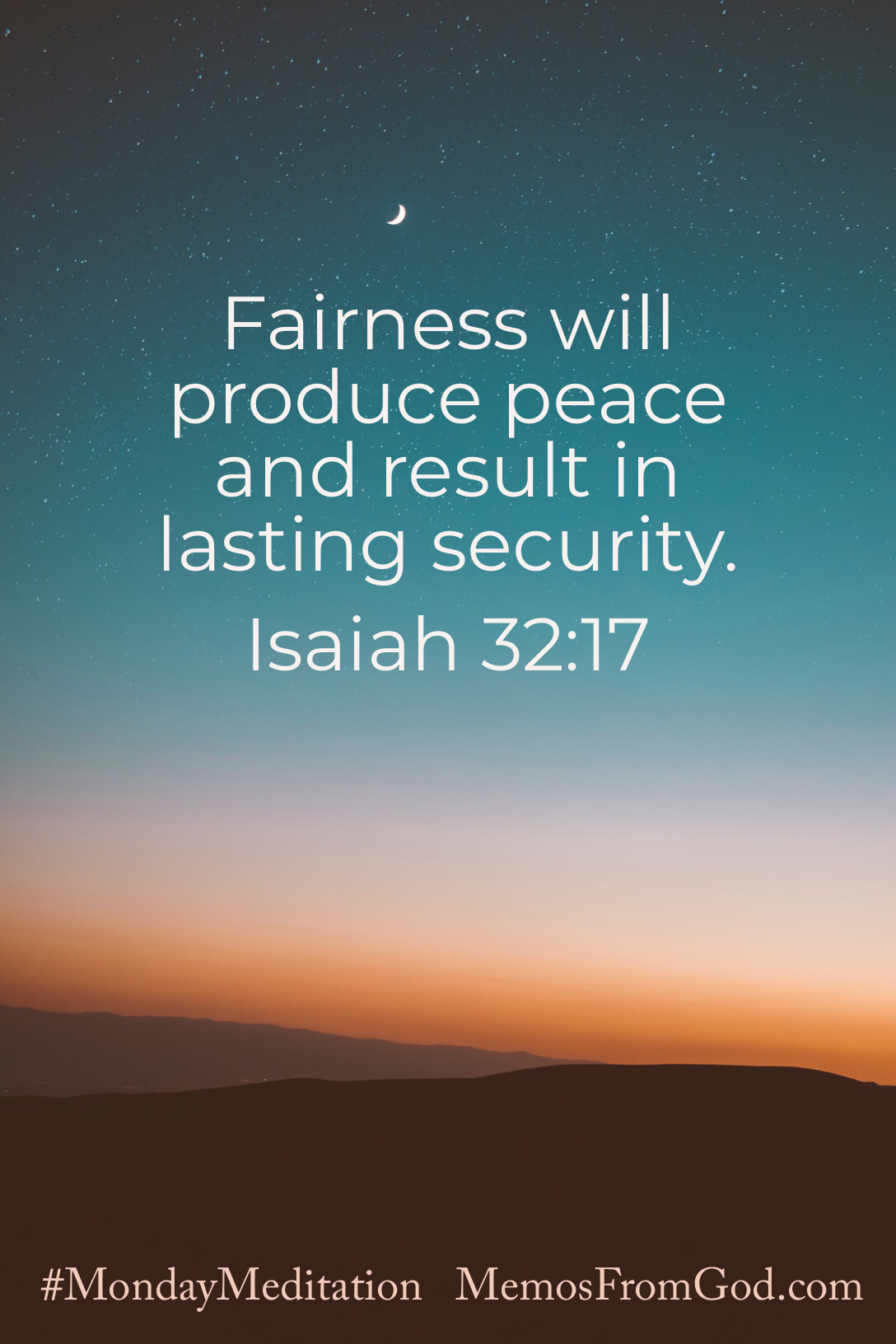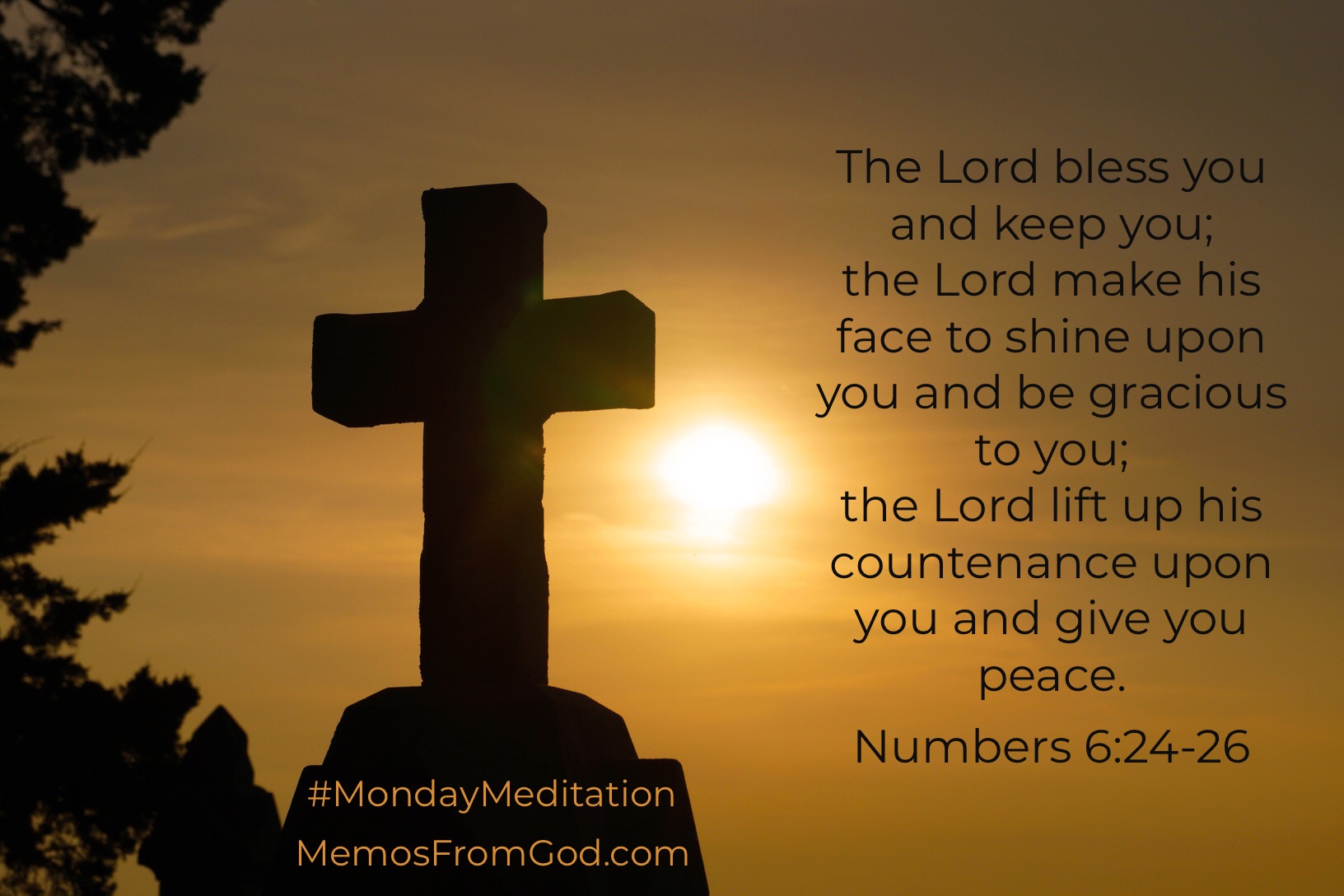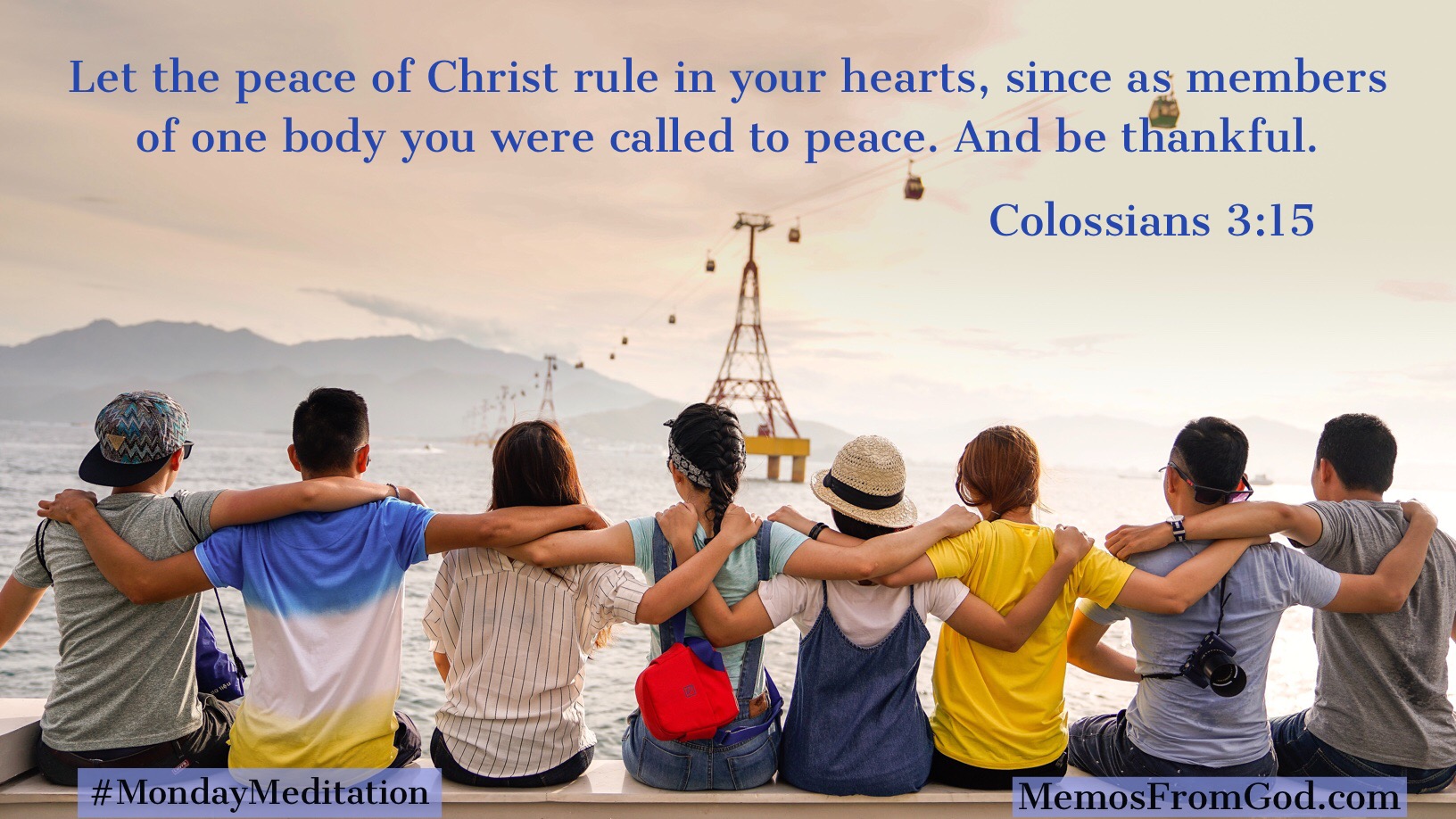Today's post was written by Rusty Wright.
---------
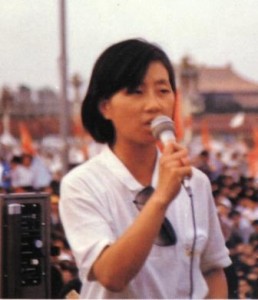 Chinese student Chai Ling helped lead the massive 1989 demonstrations in Tiananmen Square that drew the world’s praise and her government’s wrath. Twice nominated for a Nobel Peace Prize, today this Harvard MBA is a successful businesswoman who still risks persecution to bring reform to China. Her current activities might surprise you.
Chinese student Chai Ling helped lead the massive 1989 demonstrations in Tiananmen Square that drew the world’s praise and her government’s wrath. Twice nominated for a Nobel Peace Prize, today this Harvard MBA is a successful businesswoman who still risks persecution to bring reform to China. Her current activities might surprise you.
For weeks during spring 1989, global attention focused on massive protests in Beijing’s Tiananmen Square. Chai Ling says the protests were “for a better, freer, and more loving China. …We wanted to know the truth about our country, our lives, and our beliefs.”
Love, Hope, Dreams of Freedom
She recalls that “the whole country, and the whole world [were] touched by that energy of love, hope and…glorious dreams that we could be free. Free from hatred…violence…separation… fear.”
“Even the thieves in Beijing called a strike,” she notes, “and stopped stealing to support the movement.”
Government leaders reacted differently.
Tank Standoff
 Who can forget the iconic image of that lone protestor standing down a tank? The military crackdown took lives.
Who can forget the iconic image of that lone protestor standing down a tank? The military crackdown took lives.
“When we offered [China’s leaders] love and peace,” observes Chai Ling, “they handed us death and massacre. None of us could believe it at first. How could I believe the People’s Liberation Army would kill its own people?”
“I grew up with them. They were uncles and aunties to me. We love them and they love us. … I raised my head to the sky and asked in silence, ‘Why? Why? Why? Why do they have to kill us for wanting to have a dialogue?’”
Stealthy Escape
High on Communist leaders’ most-wanted list, Chai Ling escaped to Hong Kong in a wooden crate. Her planned eight-hour journey became four days of dark isolation. She eventually traveled to the United States.
She married, had a family, built a successful software company, and donated funds for Tiananmen victims in China. Upset with her activism, Chinese authorities threatened her and her family. Over time, telephone eavesdropping, a hacked computer and mysterious deaths of Tiananmen dissidents brought her confusion and panic.
Unexplainable Peace
Then a friend gave Chai a film based on the biblical Gospel of John. John records Jesus as saying, “I have told you these things, so that in me you may have peace. In this world you will have trouble. But take heart! I have overcome the world.” (John 16:33) “Each time I watched the movie,” she recalls, “and heard the words of Christ, it brought an unexplainable sense of peace and calm into my burning heart.”
At a congressional hearing about China’s forced abortion practice, a victim said finding faith in God had sustained her. That woman’s story would influence Chai Ling’s personal and professional passions.
One afternoon in 2009, Chai knelt in her office and said a simple prayer: “Dear Lord, Jesus Christ, I now accept you as my Savior and my only God. Please forgive all my sins, known or unknown, please come into my heart and guide my life.” Expecting fireworks, instead she experienced “an amazing sense of peace.”
All Girls Allowed
 As her faith grew, Chai found a strong desire to present God’s love to China’s leaders and nation. She found a new revolutionary cause, rescuing victims of China’s One-Child Policy and bringing dignity and respect to China’s women. She founded a nonprofit, All Girls Allowed, to help counter cultural preferences for male children that lead to abandoned female babies and aborted female fetuses.
As her faith grew, Chai found a strong desire to present God’s love to China’s leaders and nation. She found a new revolutionary cause, rescuing victims of China’s One-Child Policy and bringing dignity and respect to China’s women. She founded a nonprofit, All Girls Allowed, to help counter cultural preferences for male children that lead to abandoned female babies and aborted female fetuses.
Emphases include “ending gendercide, educating abandoned girls, rescuing trafficked children, defending mothers,” and celebrating “the work of God in bringing life, value and dignity to girls and mothers.” Her 2011 book, A Heart for Freedom, relates her journey and mission.
Definitely a revolutionary worth watching.
---------
Rusty Wright is an author and lecturer who has spoken on six continents. He holds Bachelor of Science (psychology) and Master of Theology degrees from Duke and Oxford universities, respectively. www.RustyWright.com
